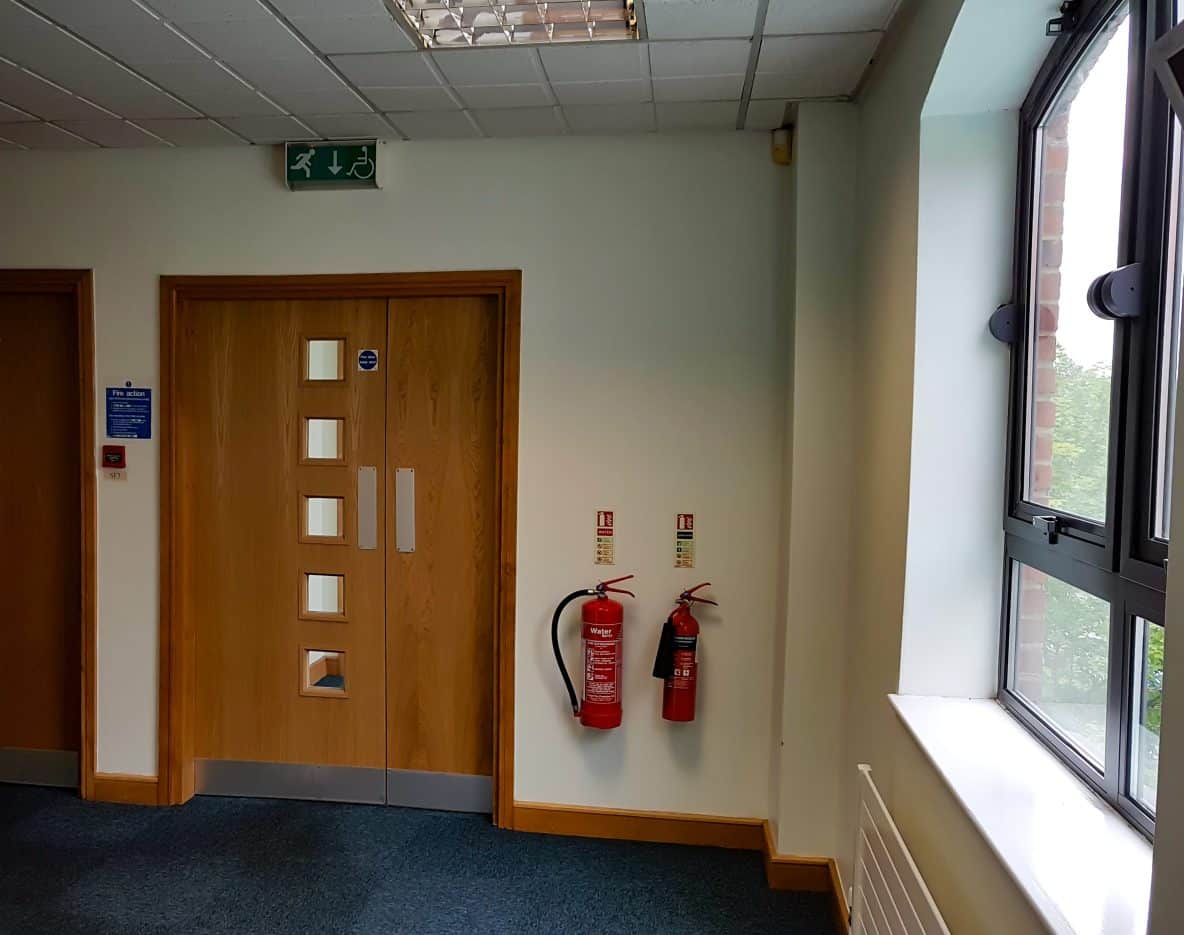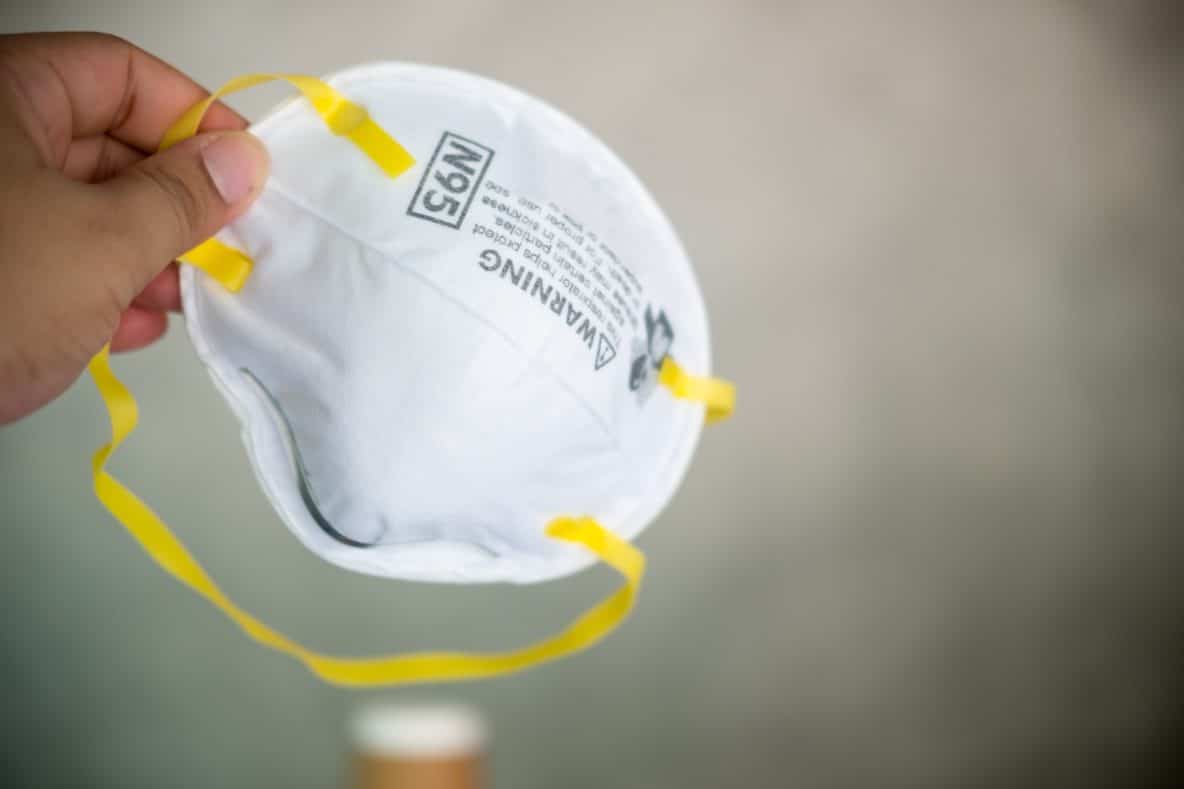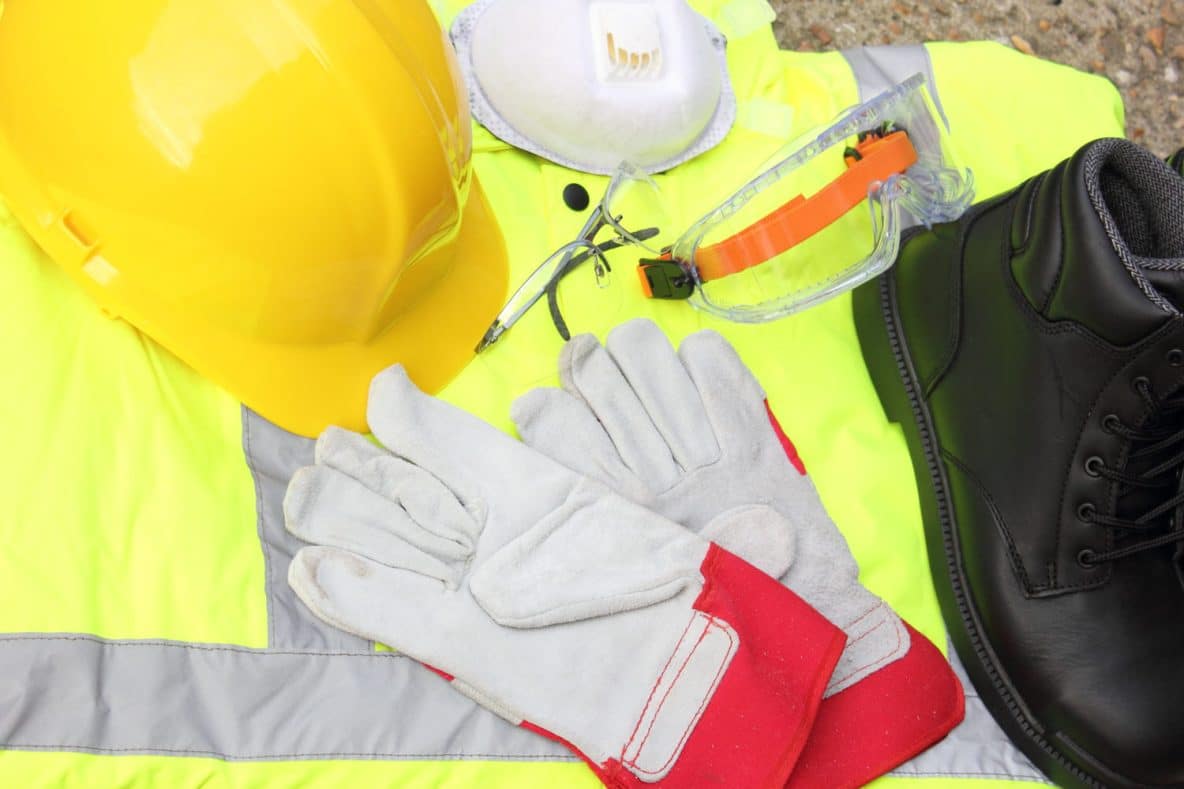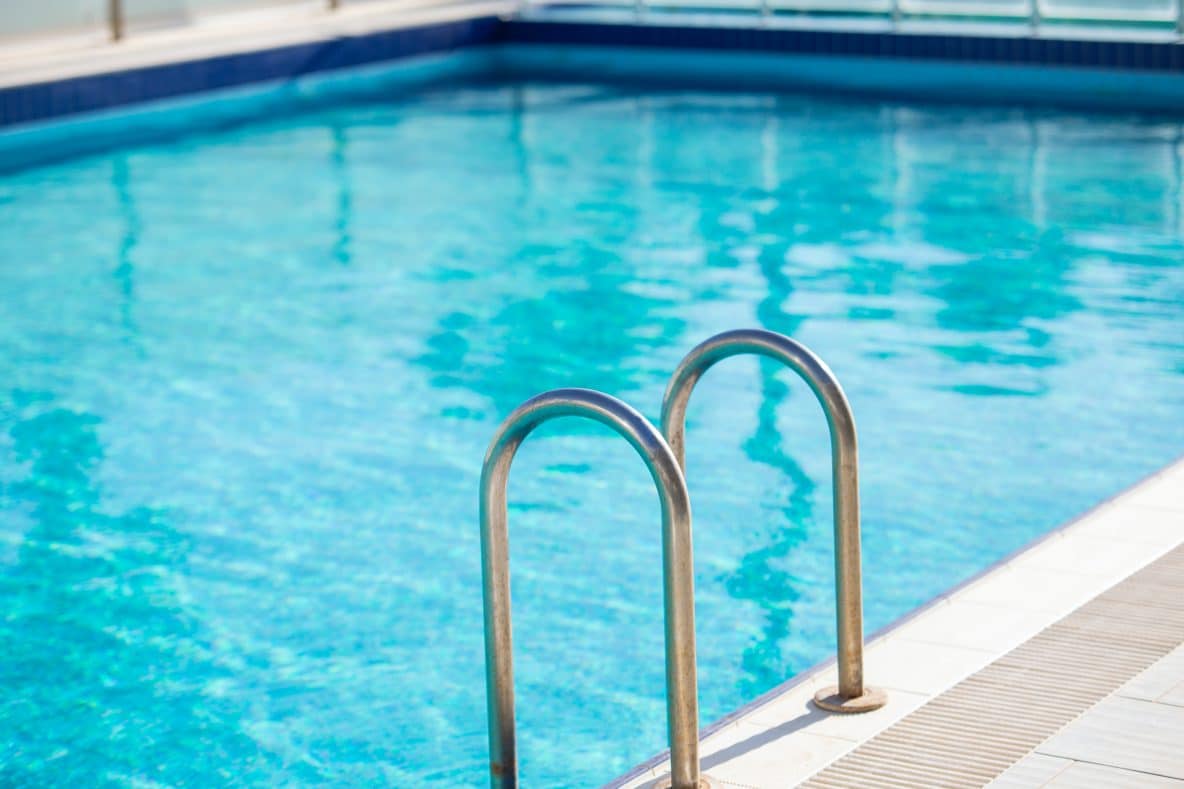Provisional figures recently released by the HSE show that 123 workers died as a result of work-related accidents in the year to March 2022. This compares to 145 workers killed in the same period the previous year and represents a rate of 0.38 fatal injuries per 100,000 workers also down from a level of 0.45 fatal injuries per 100,000 the … Read More
EXTREME HEAT: RIGHTS AT WORK
Employers must make sure indoor workplace temperatures are reasonable No “maximum temperature” for workplaces in Great Britain Workers must take care to keep cool HSE shares guidance Employers must make sure indoor workplaces remain at a reasonable temperature and manage the risk of working outdoors in hot environments, according to the Health and Safety Executive (HSE). The workplace regulator is … Read More
KEEPING SAFE IN THE SUN AND HEAT
The great British summer is fast approaching and temperatures are set to rise, while this may be good news for those looking forward to relaxing in the shade with a cool drink, it can cause problems for those busy at work. Working outdoors during the summer months can be harmful to your skin and long-term health. Ultraviolet (UV) rays from … Read More
HSE LAUNCH THEIR STRATEGY FOR THE NEXT TEN YEARS
The Health and Safety Executive (HSE) recently published their strategy for the next 10 years setting out their mission, vision, values, strategic objectives and themes. Bearing in mind the fundamental purpose of the HSE the strategy is largely what you would expect from such an organisation and includes commitments to: “Maintain Great Britain’s record as one of the safest countries … Read More
UPDATED GUIDANCE FOR NEW AND EXPECTANT MOTHERS AT WORK
The HSE recently announced a change to their guidance for employers who are notified by a worker that they are either pregnant, have given birth in the last 6 months or that they are currently breastfeeding. All employers have legal duties to put in place arrangements to control risk to the health and safety of their employees and others who … Read More
NEW GUIDANCE FOR PASSIVE FIRE PROTECTION
Passive fire protection is those parts of a building or structure that slow the spread of fire or smoke such as fire-resistant glazing, firewalls and doors. As building technology develops so too does the range of materials and systems that can be used. The Association for Specialist Fire Protection (ASFP) have recently published three new guidance documents concerning the following … Read More
EAR LOOP FACE MASKS AND RESPIRATORS SAFETY ALERT
The HSE recently issued a safety alert regarding the use of respirators and face masks that rely on ear loops to hold them in place. Inhaling fumes, chemicals or other hazardous substances at work can cause permanent damage to health, triggering conditions such as asthma and lung disease or cancers. Where those risks can’t be controlled by other means then … Read More
GUIDANCE ON THE REVISED PPE REGULATIONS
Employers are required to provide employees with personal protective equipment (PPE) where risk assessment has identified that it is necessary to protect the person against risks to their health and safety. PPE should be provided as a “last resort” where the risk cannot be adequately controlled by other measures such as physically removing the hazard (elimination), replacing the hazard (substitution), … Read More
ELECTRICAL SAFETY IN ALTERNATIVE LANGUAGES
The consequences of getting too close to electrical powerlines are usually severe and often fatal, whether those powerlines are overhead or underground. When a machine, ladder, scaffold tube or even a jet of water touches an overhead power line the electricity will be conducted to earth through the item and anyone touching the item may receive an electric shock or … Read More
HSENI ANNOUNCE SWIMMING POOL INSPECTION CAMPAIGN
The HSE Northern Ireland have announced that following a number of incidents where pool users have needed to be rescued by a lifeguard, they are launching a campaign of pool safety spot checks. HSENI are reminding pool operators that risks should be assessed and “It is the responsibility of the pool operator to ensure that there are enough lifeguards and … Read More









